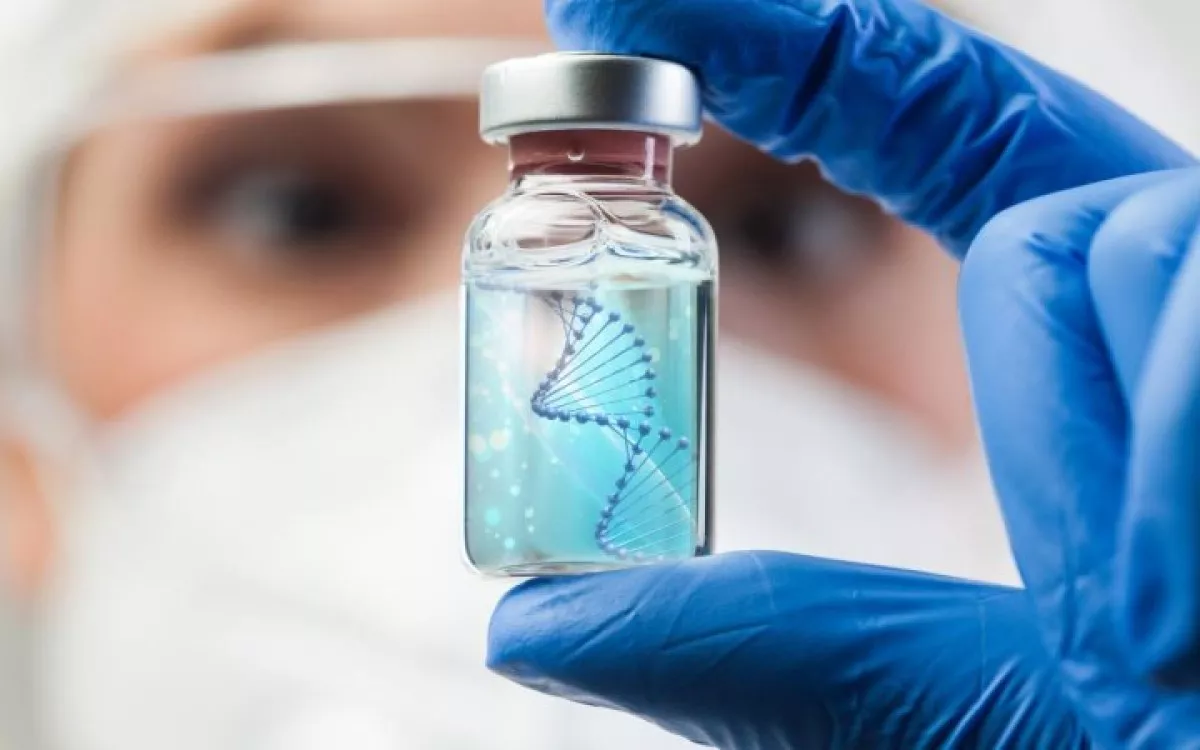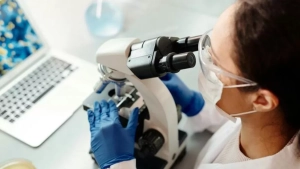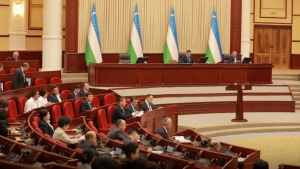
The Russian Federal Medical-Biological Agency (FMBA) has completed the necessary studies of a new mRNA vaccine against cancer and submitted the documents for its registration. This was reported by Upl.uz.
This paves the way for the clinical use of the vaccine. The head of the agency, Veronika Skvortsova, recently provided this information in an interview with the publication "Izvestiya".
According to her, the authorization documents for the use of the drug named "Enteromix" were submitted to the Ministry of Health at the end of summer 2025. This process was carried out after extensive preclinical trials, which confirmed the safety and efficacy of the drug.
The development of this vaccine is part of a broader initiative to create personalized medicines. The drug, based on mRNA technology, aims to create a vaccine tailored to the characteristics of tumor cells unique to each patient.
Studies were conducted on animals, particularly models suffering from intestinal adenocarcinoma. The results showed that the drug not only slowed tumor growth but also reduced its size by 75-80 percent.
As Veronika Skvortsova emphasized, three years of research on this vaccine have been successfully completed, and its application in patients is planned in the near future following regulatory approval. Initially, patients with colorectal cancer will undergo this therapy, which will later be adapted for the most aggressive brain tumors such as melanoma and glioblastoma.
Alongside advances in the field of cancer diseases, Russia is also achieving significant success in neuroprosthetics. Veronika Skvortsova noted that work is underway to make prosthetics sensitive by implanting microelectrodes into nerve endings.
This direction is being developed through collaboration between the FMBA's Brain and Neurotechnology Center and the company "Motorika". This center has gained the status of a scientific center worldwide and has been provided with the appropriate grant.
The process consists of several stages, ranging from eliminating phantom pain to preparing prosthetics using virtual reality and making them sensitive. To ensure wider access to these technologies, a network of specialized medical institutions is planned to be established.
By 2027, it is planned to open ten new prosthetics and rehabilitation centers in various regions of the country, including Primorsky Krai. These centers will be based on the model of the first center operating in the village of Goluboye near Moscow.
The mRNA technology underlying the new Russian vaccine gained worldwide recognition during the COVID-19 pandemic. However, its potential for treating cancer has been studied by scientists for decades.
In the mid-1990s, the first successful experiments were conducted in mice to induce an immune response against cancer cells using mRNA.






